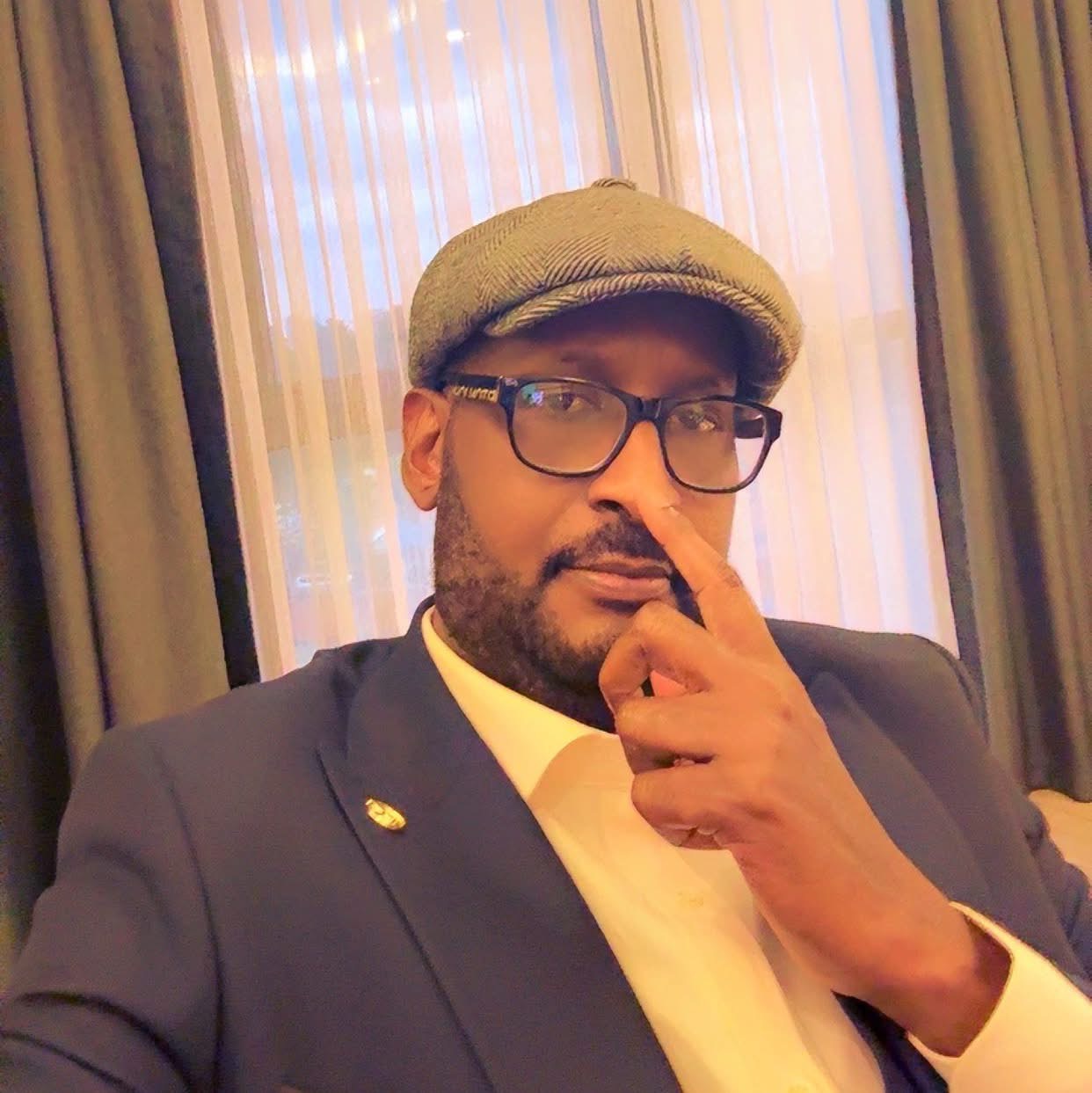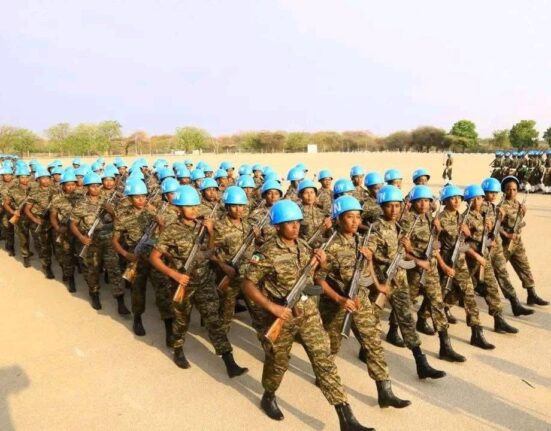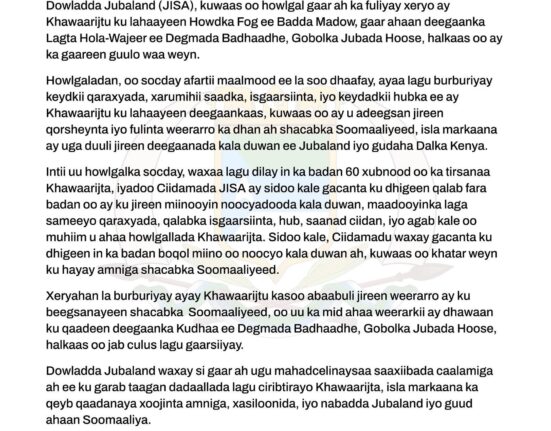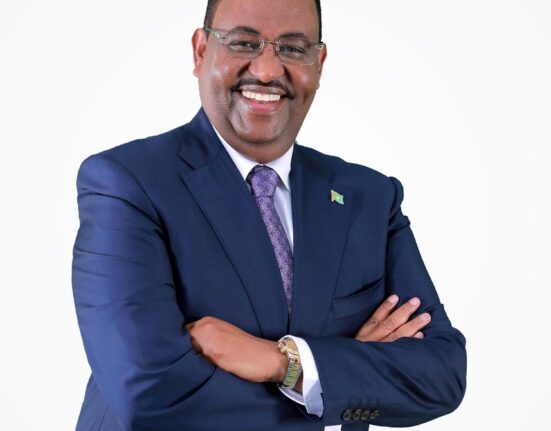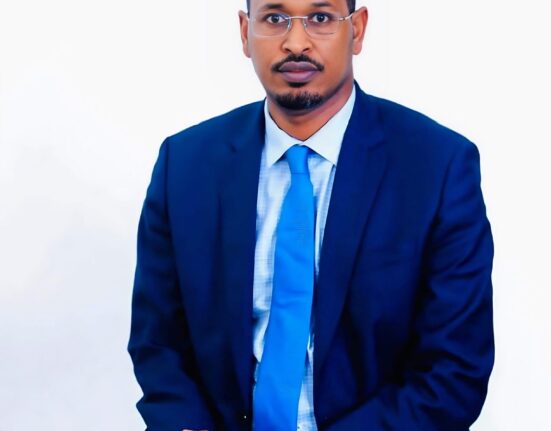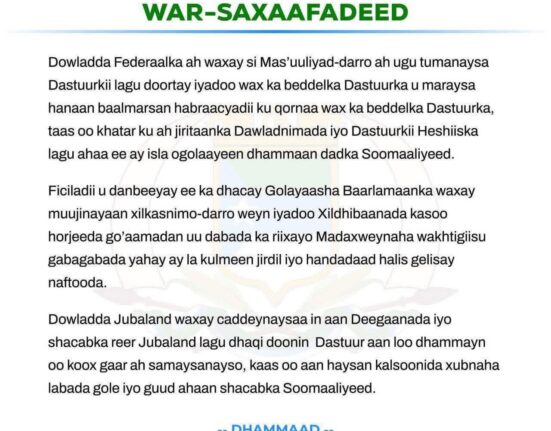Addis Abeba – This year’s United Nations General Assembly (UNGA) is taking place in New York from 23 to 29 September, 2025. Held annually in September, the assembly transforms itself into a global carnival, turning Manhattan into a parade ground of motorcades, flashing sirens, red carpets, and flags. Heads of state and monarchs fly in, entourages in tow, eager for their brief moment beneath the green marble podium. Africa arrives too, with presidents and prime ministers seeking their chance to be heard. But the question reverberates louder with each passing year: what has Africa ever truly gained from this ritual of vanity?
The General Assembly today is a cathedral of empty applause. Leaders speak of peace, poverty, climate change, and global justice, yet their words evaporate into the air-conditioned void of Manhattan. No applause ends famine in Somalia. No resolution rebuilds schools in Mali. No diplomatic handshake electrifies villages in Niger or Chad. Kierkegaard once wrote that life is not a problem to be solved but a reality to be experienced. But Africa’s leaders have mistaken speeches for solutions and ritual for relevance.
This year’s proceedings underline the futility. The speech delivered by President Trump (https://www.youtube.com/watch?v=RLoxCqc3Tro)
revealed the true nature of the General Assembly. His words were not instruments of multilateral progress but performances of national posturing, tailored more for domestic applause than global transformation. If the most powerful nation uses this stage merely to reinforce its own ego, what chance is there for Africa’s pleas to be heard? The forum has become spectacle, not substance, and Africa’s presence decorates the play without altering the script.
The cost of this charade is staggering. An African president does not travel alone. He comes with ministers of finance, energy, and foreign affairs, each with a retinue of aides. He comes with generals and battalions of security, sometimes larger than those guarding fragile borders at home. He comes with family members and friends, treating New York as a shopping bazaar funded by taxpayers. They demand chartered flights, luxury hotels, and allowances in hard currency. A single delegation can cost millions of dollars.
The General Assembly today is a cathedral of empty applause.”
Back home, the paradox is grotesque. Hospitals in rural Malawi run out of oxygen. Clinics in Sierra Leone lack medicine. Classrooms in northern Kenya host children sitting on the floor for want of desks. Farms in Burkina Faso and Mozambique lie fallow for lack of fertilizer. Roads in the Democratic Republic of Congo become death traps. Leaders who lament debt at the podium deepen debt by their presence. Leaders who decry inequality embody inequality by their extravagance. Leaders who beg for climate funds arrive in fleets of fuel-guzzling jets. What should be diplomacy has become performance art financed by the poor.
And the outcomes Decades of African speeches at UNGA have not shifted the structural imbalance of global trade. They have not stopped the hemorrhage of illicit financial flows draining the continent’s wealth into foreign banks. They have not secured climate reparations that remain words on Western press releases. Resolutions passed in New York collapse in Bangui, Juba, or Kinshasa. The truth must be spoken without fear: Africa’s presence is not silenced at UNGA, but it is irrelevant.
Why persist? Ego and prestige. Frantz Fanon warned that colonized elites remain obsessed with validation from colonial centers. UNGA is the modern stage for that obsession. Presidents compete not for outcomes but for photo opportunities. They crave the optics of standing where Kennedy once inspired, Gorbachev once challenged, and Mandela once reconciled. Yet prestige is not power, and applause is not influence.
Prestige cannot irrigate farmland. Prestige cannot stabilize collapsing currencies. Prestige cannot vaccinate children. Prestige cannot silence guns. Prestige cannot substitute for visionary leadership at home. And yet Africa’s leaders continue to mistake prestige abroad for legitimacy at home.
Africa’s leaders chasing applause, neglecting home
We must call things by their rightful names. The General Assembly is not Africa’s parliament. It is a stage where power rests with nations that control wealth, weapons, and technology. Africa’s voice is permitted but never prioritized. As Rousseau observed, the strongest is never strong enough to be always the master unless he transforms strength into right. At UNGA, Africa confuses permission to speak with the power to decide.
The opportunity cost is devastating. Every dollar spent in Manhattan could build clinics in rural Uganda, provide textbooks in classrooms in Malawi, electrify villages in Tanzania, or fund laboratories in Ghana. Every hotel suite could finance scholarships for girls in rural Nigeria. Every day wasted abroad is a day stolen from urgent needs at home. As Achebe once warned, a man who brings home ant-infested firewood should not complain when lizards visit. Africa carries poverty home because it exports vanity abroad.
Africa must write its own story, on its own soil, in its own voice.”
Consider the irony of timing. September is harvest season across much of Africa. Leaders should be home ensuring food security, yet they are in New York performing rhetoric. September is when schools reopen, yet leaders abandon classrooms for photo ops. While presidents travel, citizens in Madagascar or Lesotho protest shortages, doctors in rural Zambia strike, and farmers in South Sudan languish. The lizards are many because the firewood is rotten.
There is an alternative. Africa must invest in Africa. Imagine if the money wasted annually on UNGA pilgrimages were redirected to strengthening the African Union, transforming Addis Abeba into a true capital of continental deliberation. Imagine Lagos hosting a global technology summit, Nairobi convening a climate congress, Johannesburg setting trade agendas, and Dakar debating security. Imagine a pan-African academy of science funded by resources now squandered in New York. Real influence would arise not from applause abroad but from achievement at home.
The world respects results, not rhetoric. China did not ascend by pleading for recognition but by building factories, universities, and infrastructure. India is courted not for speeches but for its market power. Africa cannot expect respect by performing in foreign halls. Respect is built, not begged. Power is earned, not performed.
So the questions must be asked with clarity. What is more valuable: applause in New York or trust at home? What is more dignified: shaking hands in marble corridors or shaking hands in dusty marketplaces? What is more transformative: promising the world change or delivering water, electricity, and dignity to citizens?
The UNGA will not collapse if Africa stays away. But Africa may collapse if it continues to invest in shadows instead of substance. The ritual must end. The theater of vanity must be abandoned. The cathedral of empty applause must be deserted. African leaders must return home, look inward, and build the house they have long neglected.
The truth is piercing but liberating. No foreign podium will save Africa. No applause in New York will silence hunger in African villages. No validation abroad will substitute for justice at home. As the proverb reminds us, until the lion learns to write, every story will glorify the hunter. Africa must write its own story, on its own soil, in its own voice.
The time has come to abandon the theater and embrace reality. The time has come to stop mistaking ritual for relevance. The time has come for Africa to build its own cathedral, not of applause, but of dignity, sovereignty, and true progress.
Editor’s Note: Mohamud A. Ahmed (Prof.) is a columnist, political analyst, and researcher at Greenlight Advisors Group, Somali Region State. He can be reached at mailto:owsdfund@gmail.com


